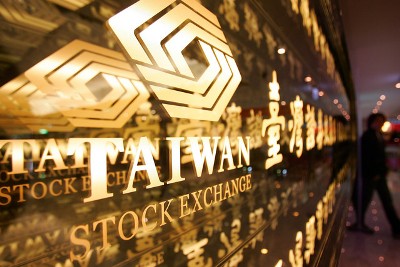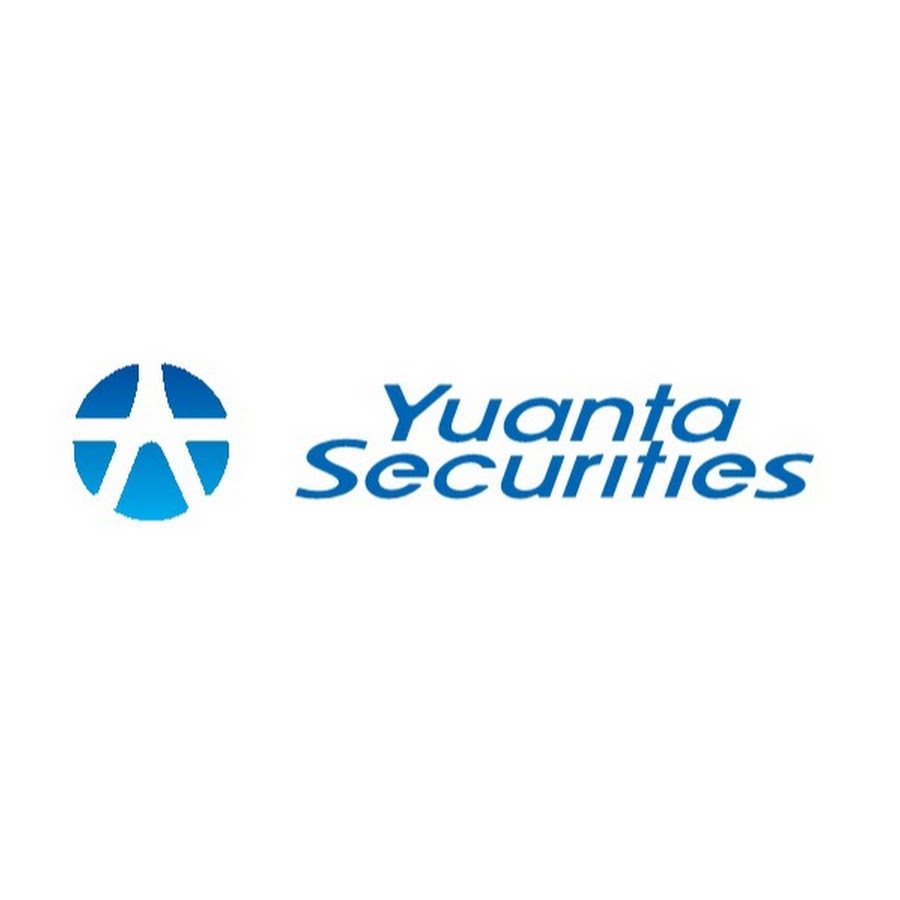Taiwan's retail investors are hungry for ETNs. And thanks to a regulatory green light, ETF providers are most happy to provide.
The first exchange-traded note (ETN) products are expected to come online in Taiwan as early as this April, 14 months after the Financial Supervisory Commission (FSC), the island state's financial regulator, gave the nod for the launch of the innovative passive product.
At least ten domestic securities brokerages have been prepared to issue the products after receiving licences from the Taiwan Stock Exchange (TWSE) and Gre Tai Securities Exchange, the over-the-counter (OTC) exchange, to use their indexes as the benchmark for their ETN products.
The FSC unveiled the introduction of ETNs in June 2018. The measure is viewed as a significant step to promote the development of local passive products.
The FIC previously said the initiative will allow local securities firms to launch passive funds in order to expand their scope of businesses and enhance product line-up, it adds.
The world's first ETNs was introduced by Barclays in 2006. ETN is a type of unsecured and unsubordinated debt security issued by securities firms with a specific maturity.
In Asia, South Korea is currently one of the fastest growing ETN with a significant growth in the number of ETNs to more than 150 in July 2017 from only 10 in late 2014. As one of the largest ETF markets in the region, Taiwan is stepping up to catch up with its regional rivals in ETN development.
Many top Taiwanese securities houses such as Yuanta Securities, KGI Securities, Fubon Securities, SinoPac Securities, President Securities, and Capital Securities are eager to dabble in the ETN market.
Fubon Securities is likely to be one of the island's first ETN issuers. The company plans to roll out the ETN tracking the TIP Customized Big Apple Total Return Index, this April.
The underlying index, which is compiled by the TWSE's wholly owned subsidiary Taiwan Index Plus Corp, is comprised of ten biggest Apple suppliers in Taiwan by free-flow market capitalisation.
Fubon Securities' rival Masterlink Securities is also planning to roll out an ETN tracking S&P New China Sectors Index in April. The index is designed to measure the performance of China- and Hong Kong-domiciled companies in consumption and service-oriented industries.
Meanwhile, Yuanta Securities will issue an ETN tracking the TIP Preferred Stock Mix High Dividend 20 Total Return Index.
Although local brokerage firms and investors are keen to seek opportunities in the ETN market, market pundits remain cautious on the products as they may bear higher exposure to credit stress compared to ETF products.
Patrick Liao, vice president in the equity investment division of Fuh Hwa Securities Investment Trust Co., says liquidity risk of ETNs is high as the product issuer is the only market maker, and there are no related futures products for hedging risk.
Given that ETN issuers need to pledge to deliver returns that are at least as good as the underlying index after deducing fees, the FSC sets stringent requirements on their financial status in order to enhance investor protection.
The regulator requires a qualified ETN issuer must have over NT$10 billion of total assets with a capital adequacy ratio of at least 250%.
The majority of the ETN products are designed to track the performance of Taiwan's stock market, while only two track China's A-shares market.
The trend reflects that investors prioritise domestic stocks in the current volatile market environment and they are reluctant to shoulder currency risk, Mr. Liao says.
Taiwan dollar dropped about 3% against US dollar in 2018 as successive rate hikes by the US Fed Reserve led investors to put their investment in US dollar-denominated assets.
Taiwan's overall ETF market saw a steady growth over the past 12 months with consistent net inflows.
There were 143 ETFs listed on the TWSE and Gre Tai with about NT$836 billion (US$27.1 billion) as of January 2019 from 100 ETFs totaling NT$373 billion a year ago, according to figures from the Securities Investment Trust and Consulting Association.






